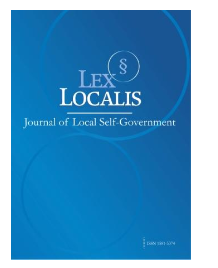THE VALIDITY OF GENETIC FINGERPRINTING IN ATTRIBUTING A CHILD BORN FROM RAPE
DOI:
https://doi.org/10.52152/m3pmkd32Keywords:
Genetic fingerprinting, lineage, rape.Abstract
Allah Almighty has made the marital bond sacred and a means to sustain the human race by having children, granting these children rights, the foremost and most important of which is lineage. Therefore, Islamic Sharia has preserved the authenticity of lineage and prohibited attributing children to anyone other than their fathers. Allah says in the Holy Quran: "Call them by [the names of] their fathers; it is more just in the sight of Allah. But if you do not know their fathers, then they are [still] your brothers in religion and those entrusted to you. And there is no blame upon you for that in which you have erred but [only for] what your hearts intended. And ever is Allah Forgiving and Merciful." (Surah Al-Ahzab, Ayah 5).
Undoubtedly, the issue of establishing lineage is one of the most significant problems occupying the attention of jurisprudence and comparative judiciary. Due to scientific advancements and the applications of genetic engineering, the issue of establishing lineage through genetic fingerprinting has become a matter requiring faster and broader jurisprudential and judicial efforts, specifically with the increasing number of illegitimate children resulting from the crimes of adultery and rape. Some contemporary jurists believe in the necessity of attributing the lineage of a child born from rape to their biological father, which has sparked a wide jurisprudential debate between supporters and opponents. Thus, we question the extent to which legislation and comparative judiciary have been influenced by contemporary jurisprudential opinions on attributing a child born from rape using genetic fingerprinting.
Downloads
Published
Issue
Section
License
Copyright (c) 2025 Lex localis - Journal of Local Self-Government

This work is licensed under a Creative Commons Attribution-NonCommercial-NoDerivatives 4.0 International License.








